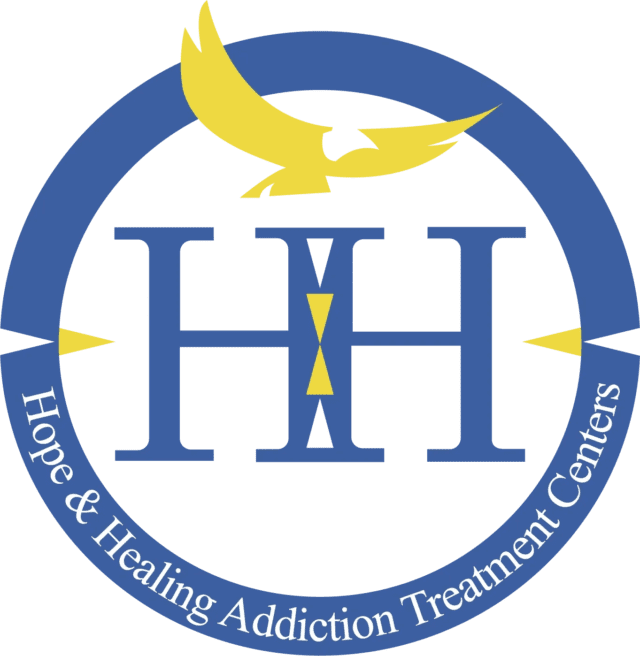Veterans transitioning back into civilian life face unique challenges, particularly when dealing with substance use disorders (SUD). Effective inpatient addiction treatment in Arizona recognizes that while medical and therapeutic interventions are crucial, peer support and community engagement are equally vital for sustained recovery. Specialized programs, like those offered at Arizona Hope & Healing, emphasize comprehensive care tailored specifically for veterans.
Understanding the Unique Challenges Veterans Face
Veterans often carry invisible wounds from their service, including trauma, psychological injuries, and physical disabilities. According to the U.S. Department of Veterans Affairs, nearly 20% of veterans with PTSD also struggle with a substance use disorder (SUD). Conditions like PTSD, anxiety, depression, and traumatic brain injury (TBI) frequently co occur with addiction, creating challenges that demand specialized care.
Given the high prevalence of trauma exposure among veterans, it is paramount that treatment programs operate from a trauma-informed perspective.
Key Challenges Include:
- PTSD and Trauma: Military service often exposes veterans to life-threatening situations, leading to PTSD in 11–20% of post 9/11 veterans [1]. Many self-medicate with alcohol or opioids to numb emotional pain.
- Depression and Isolation: The transition to civilian life can trigger feelings of loss, purposelessness, and social isolation, exacerbating substance misuse.
- Chronic Pain and Opioid Dependence: Physical injuries from service may lead to long-term opioid prescriptions, increasing the risk of dependency.
- Stigma and Reluctance to Seek Help: Military culture often emphasizes resilience, causing many veterans to avoid seeking treatment due to fear of judgment.
Peer Support: A Cornerstone of Veteran Recovery
Peer support is a lifeline for veterans in recovery. Connecting with others who share similar experiences fosters trust, reduces isolation, and provides practical strategies for navigating civilian life. Programs at inpatient addiction treatment centers in Arizona often integrate peer led groups, mentorship, and veteran specific counseling.
How Peer Support Transforms Recovery
- Building Trust Through Shared Experience
- Reducing Isolation
- Accountability and Motivation
- Skill Building
The Role of Community in Veteran Reintegration
Community engagement is critical for helping veterans rebuild purpose and connection. Arizona rehab centers collaborate with local organizations to provide resources like housing assistance, job training, and recreational activities.
This level of care provides intensive, 24/7 support in a structured and therapeutic environment. Inpatient programs offer a range of evidence-based therapies, including individual therapy, group therapy, and specialized treatments for co-occurring mental health conditions. Facilities that serve veterans may incorporate veteran-specific group therapy sessions led by therapists or peers who understand the military context.
Community Based Strategies for Success
- Partnerships with Local Organizations
- Volunteer Programs
- Recreational Therapy
- Stigma Reduction Campaigns
Integrated Treatment Approaches for Dual Diagnosis
Veterans with co-occurring disorders require integrated treatment plans that address addiction and mental health simultaneously. Arizona Hope & Healing CARF accredited programs combine medical, therapeutic, and holistic therapies.
Components of Effective Veteran Care
- Medical Detoxification: Safe, supervised inpatient alcohol and opioid detox in Mesa, AZ.
- Evidence Based Therapies like Cognitive Behavioral Therapy (CBT), EMDR Therapy, Dialectical Behavior Therapy (DBT) and Medication Assisted Treatment (MAT).
- Other Therapies: Yoga, meditation, and equine therapy.
Family Involvement: Strengthening the Support Network
Family plays a pivotal role in recovery. Arizona Hope & Healing incorporates family therapy sessions to repair relationships, educate loved ones about addiction, and establish healthy boundaries. Workshops on communication and stress management empower families to become active participants in their veteran’s journey.
Aftercare and Relapse Prevention
Recovery is a continuous process requiring ongoing support. Upon completing an inpatient program, veterans need a solid aftercare plan to maintain their sobriety and continue their journey of personal growth. This may involve transitioning to outpatient therapy, engaging in support groups, participating in alumni programs offered by the treatment center, and maintaining active engagement with peer support networks.
Why Choose Arizona Hope & Healing?
- Veteran Specific Expertise
- CARF Accreditation
- Comprehensive Services
- Holistic Environment
Contact Arizona Hope & Healing Today!
Recovery is possible. With peer support, community integration, and evidence-based treatment, veterans can reclaim their lives and thrive in civilian society. Arizona Hope & Healing is committed to guiding you every step of the way. Ready to take a courageous step towards healing and recovery?
Contact Us: Contact AZ Hope and Healing today to learn more about our residential treatment programs and how we can support your journey:
Phone: 602-449-7999 or 888-868-1834
Address: 3512 N Higley Rd Mesa AZ 85215
Sources:[1] https://pmc.ncbi.nlm.nih.gov/articles/PMC10783784/

As the Director of Community Relations, Michael’s focus is on creating and maintaining strong relationships with individuals and organizations in the community we serve. His goal is to offer our program as a resource to those seeking treatment for addiction and general mental health. He is driven, passionate, and feels a sense of purpose in his work—confident that his experience has value and can help others find the miracle of recovery.
